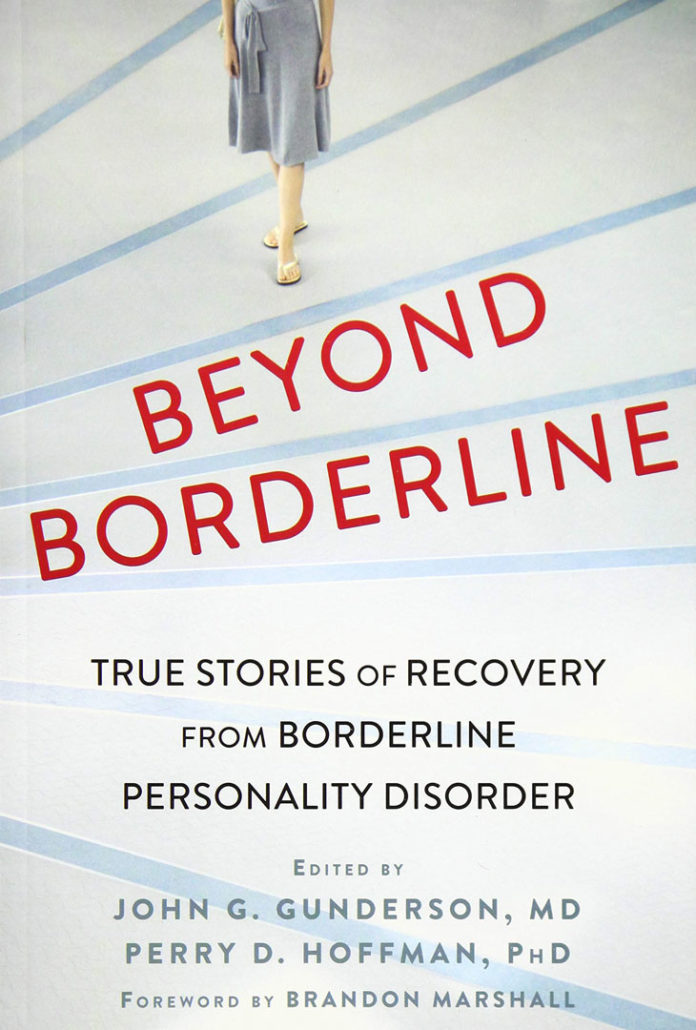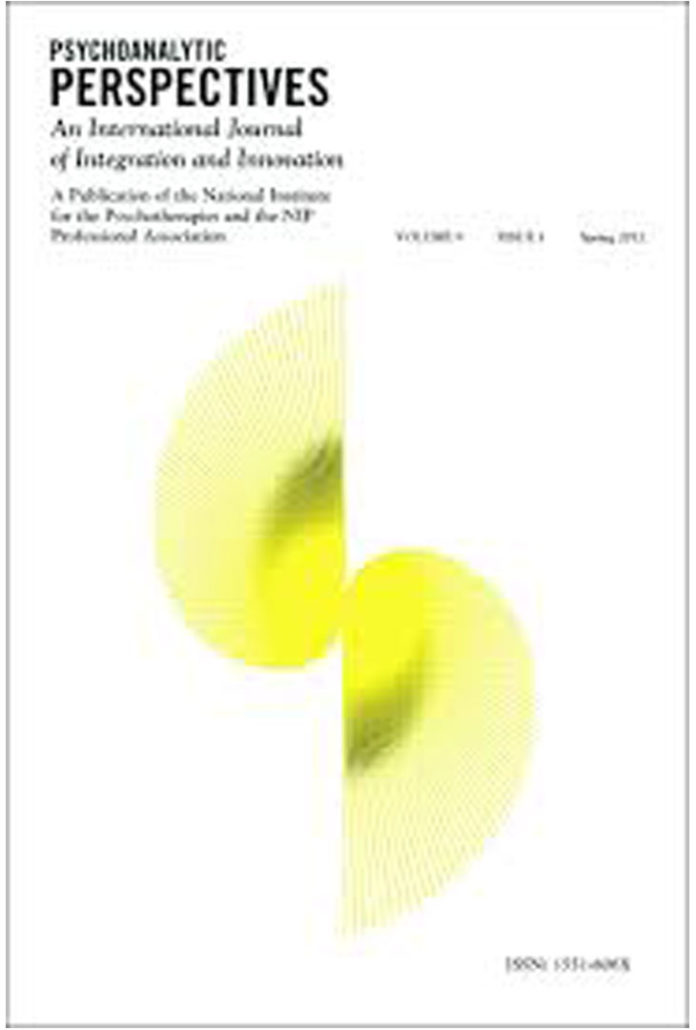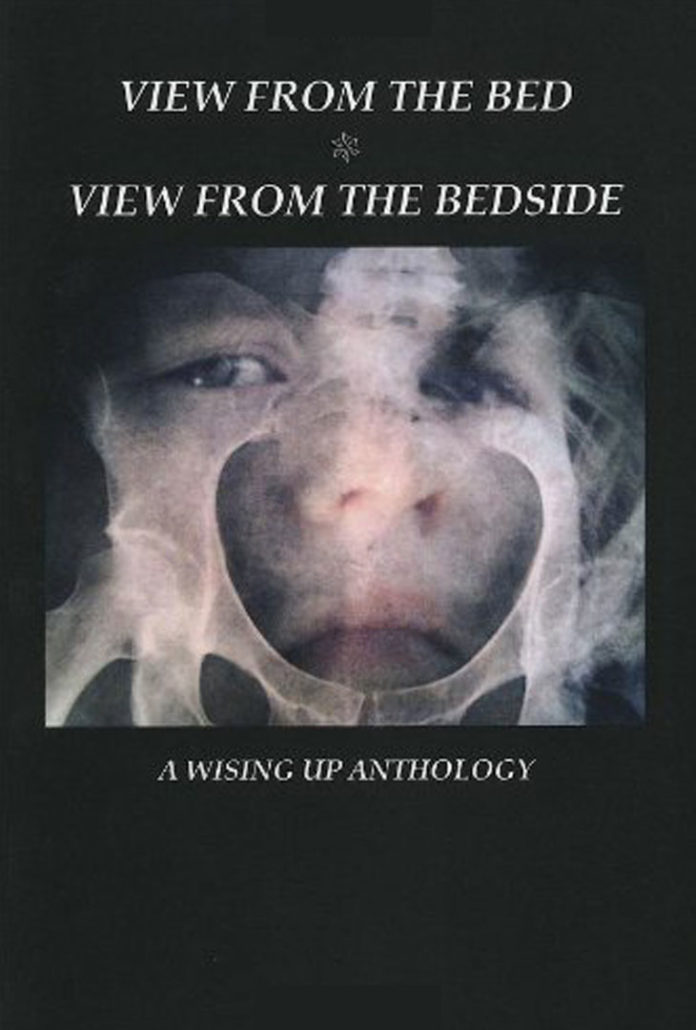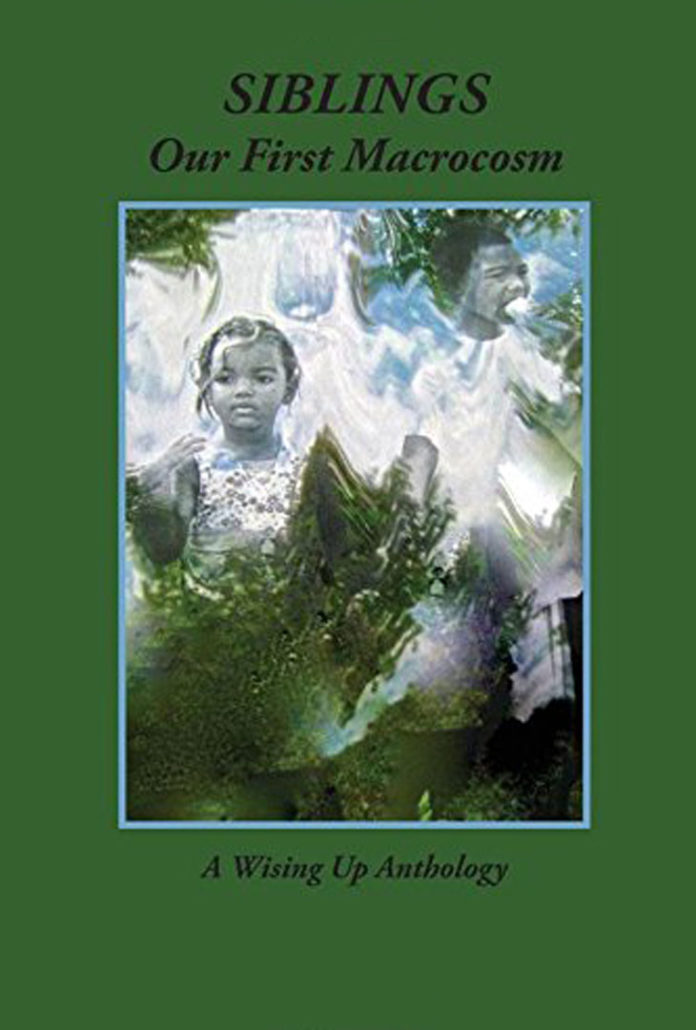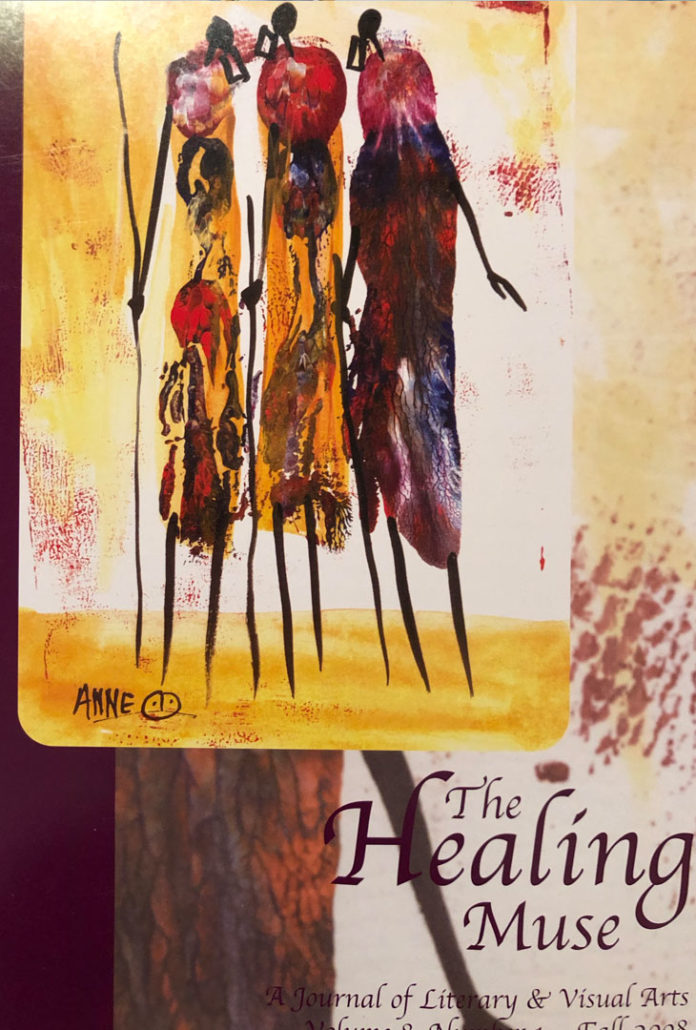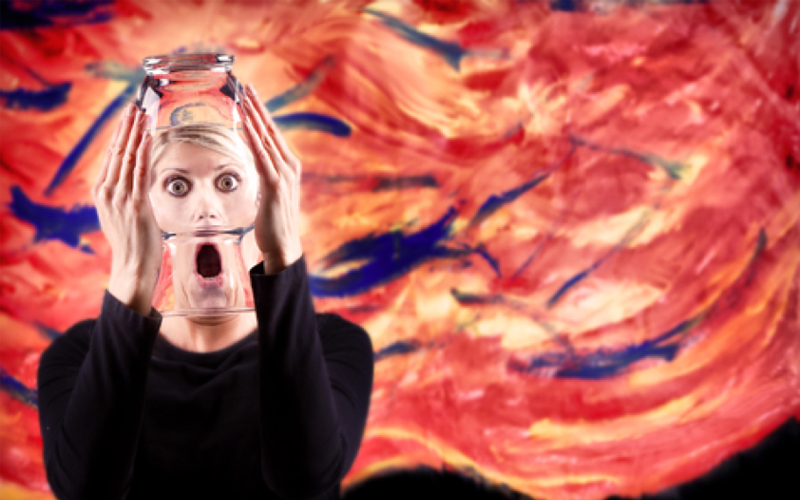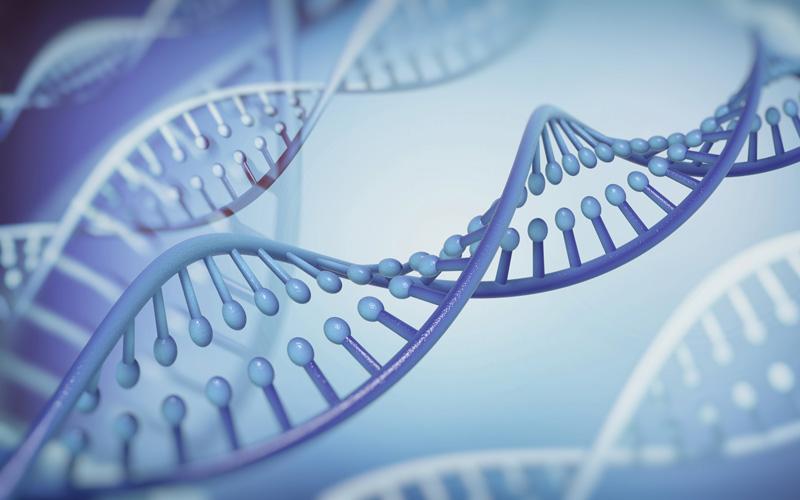Anthologies
Beyond Borderline: True Stories of Recovery from Borderline Personality disorder
Letting the Light In
Published anonymously-decision by co-editors
My BPD symptoms, the ones I thought I was managing so well, had erupted in a torrent as though an aorta had torn with blood everywhere. I had fired Dr. L. several months back in a burst of anger, and although we had seemingly worked it out, I hadn’t realized how very angry I still was with her. The internal emptiness, the pain–the night prior to the overdose, I had lain on my living room floor, hand outstretched toward my cat, howling as though I were a wounded animal, my snot dripping into the carpet.
For the first time in the nine-plus years that I had been working with Dr. L., I began to talk about my anger. Toward her, toward the people I loved, toward the world in general. She didn’t judge me, reject me or abandon me. I told her I was a terrible person, hateful and should be condemned for having such thoughts.
Psychoanalytic Perspectives: A Publication of the National Institute for the Psychotherapies
Grace Under Pressure
I surprised myself with my primary reaction to this anorexic woman I have named Grace. I have to ask myself if she hadn’t been so severely ill, if her face hadn’t been so sunken, so skeletal, and so scary, would my immediate response have been one of envy? I don’t know and I never will. Perhaps, Grace’s anorexia needed to be so far gone be for me to have a reaction of this magnitude.
Grace, her obsidian eyes, her ghostly face, continue to haunt me in my waking hours, not yet having made it into my dreams, my nightmares. I consider myself fortunate that I saw her; all the descriptive words in the world, all the glossy photographs don’t come close to the vivid image she presented on the sidewalk next to me. I could be her in twenty years, she could be me. At one point we were interchangeable, but no longer…
View from the bed: View from the bedside
The Fine Line Between Love and Insanity
Published under the pseudonym Gerri Luce
“I can’t take this.” I said. “I’m going crazy. I shouldn’t have told you. It was a mistake. I wish I could take it back.”
“It wasn’t a mistake,” she assured me. “You’re not going crazy.
I remember her asking me if I was safe. “I don’t know,” I wailed.
“If you feel like you’re going to hurt yourself, then you have to go to the ER,” she directed me.
As the sessions ran into each other following this monumental one, my love for Dr. L. grew, both erotically, and in my feeling of admiration for her intelligence and skill. The realization ensured that I desperately needed her to optimize the other aspects of my life. Her interpretation was that I have to work through this erotic transference in order to be able to achieve successful intimate relationships with men–something that I have not yet been able to do either emotionally or sexually.
Collected Essays
Quieting The Voice Of Self-Doubt
Though I’m generally content with the place in the world I’ve carved out for myself, I continue to struggle with self-doubt. I’m aware in one part of my mind I’m resilient, but as one siege (emotional, physical and whatever else the universe chooses to throw at me) follows another, I’m feeling hammered.
These periods of self-doubt tend to appear at random moments, when I feel least prepared to defend myself. I carry doubt in various aspects of my life, from when I receive the twentieth straight rejection of my writing (am I still allowed to call myself a writer?), when I finally assert myself with a friend (will she still be my friend?) or when I find that size four pair of jeans buried in the back of the closet in a Marie Kondo moment (I will never be that size again – right?).
e-book: Redefining Wellness: (pgs. 251-252)
Childfree*
I didn’t want to take the chance of passing down these goddamn genes. My genes. The ones that my mother and my father have so graciously bestowed on me. The genes of addiction, of depression, and of an eating disorder. The DNA that manifested itself in twisted and destructive ways; cutting my forearms and my belly, and multiple suicide attempts — all have left me with the inability to sustain a physically and emotionally intimate relationship.
I am a fifty-one-year-old woman, single and childfree.
*Published under the pseudonym Gerri Luce
The Other Eleven Months of The Year
When I finally got to this unit of mostly women who had all been wounded in one way or another, I felt safe for reasons I was incapable of comprehending. The chaos that had been constantly swirling around in my mind slowed down and I felt better able to tolerate the bedlam that remained. These woman became my sisters — the sisters I never had — and every evening after dinner, we hung out in the common room, sprawled out on the couch and the floor. Listening to each other’s deepest secrets and horrific stories without judgment, I learned what a real relationship was. When my insurance refused to pay after only ten months, I was devastated. The chief psychiatrist feared for my safety and wanted to send me to a state hospital.
NATIONAL EATING DISORDER AWARENESS
WEEK IS FEBRUARY 24TH - MARCH 1ST
After struggling with anorexia for twenty-five year and being in recovery for seven, I have something to say.
Please, please don’t start. I know you may not intend to acquire an eating disorder, thinking of it as something you might hold on for a few weeks, then discard. Few people do.
Someone might have proffered a remark they thought innocuous at the time.
“Did you put on a few pounds?”
“Oh sweetie you have your mother’s hips.”
Anorexia is an insidious psychiatric illness, one that is sneaky and crazy like a fox. It will seduce you.
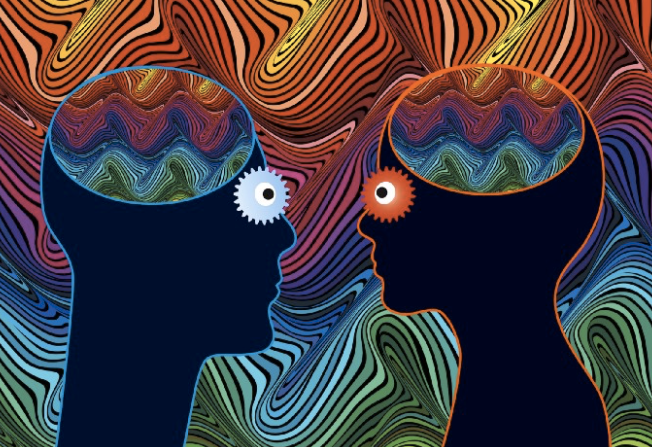
HELLO PSYCHOSIS MY OLD FRIEND. I'VE COME TO TALK WITH YOU AGAIN
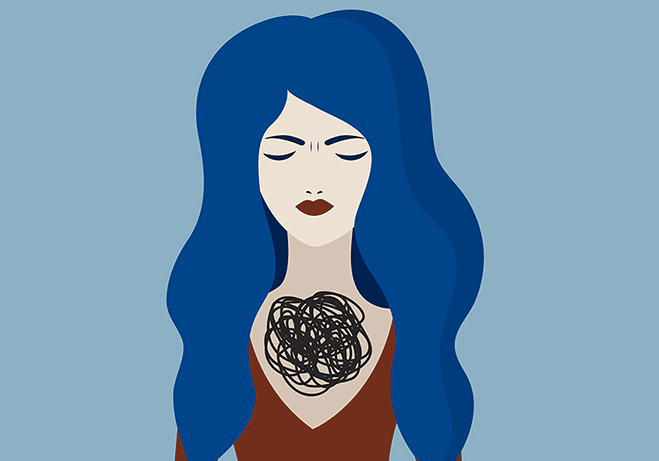
EARLY INTERVENTION FOR BORDERLINE PERSONALITY DISORDER

I’M A THERAPIST WHO USED TO BE A PSYCH PATIENT AND THIS WAS THE KEY TO MY RECOVERY
For most of my adult life, mental illness was my identity. In the midst of a slow bleed from my wounded psyche, even after almost 20 years of therapy, I became fascinated by the process. How does the therapist know what to say? When to speak? When to stay silent? I returned to graduate school and earned my master’s degree in social work in 2000 at the age of 40.
For my own clients, I possessed great empathy and compassion. I knew where they were now, where they’d been. Most days, I was able to hang on. At night, alone in my apartment in Queens, the demons of my own severe mental illness—anorexia, major depressive disorder, and borderline personality disorder—swirled within the confines of the tiny space. Sometimes I couldn’t separate the ethereal trails my feelings left from the layers of dust on the nightstand.
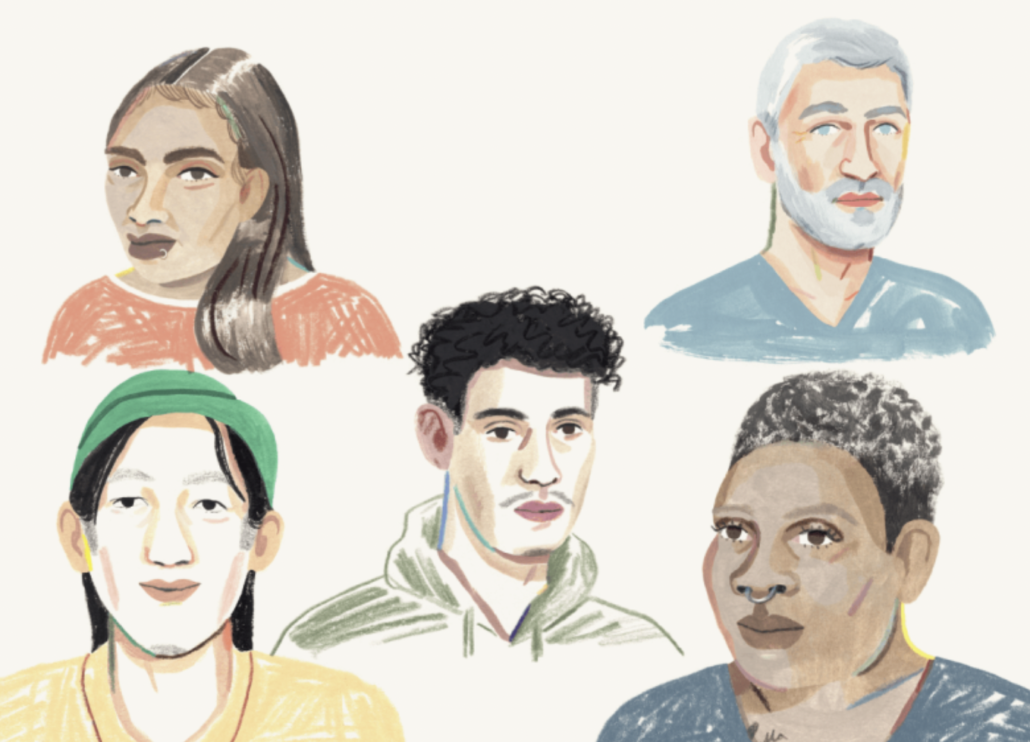
5 OF THE MOST MISUNDERSTOOD MENTAL DISORDERS
Psychiatry has come a long way since the 1975 release of One Flew Over the Cuckoo’s Nest.
Yet, when the average American hears the phrase mental disorder or mental illness, unfortunately, the image of Louise Fletcher playing Nurse Ratched and Jack Nicholson playing patient Randee McMurphy still prevails.
As a licensed clinical social worker, I’ve had more than one client tell me they are fearful of being admitted into a psychiatric hospital because they’re afraid it’s going to resemble the one portrayed in “that Jack Nicholson movie.”
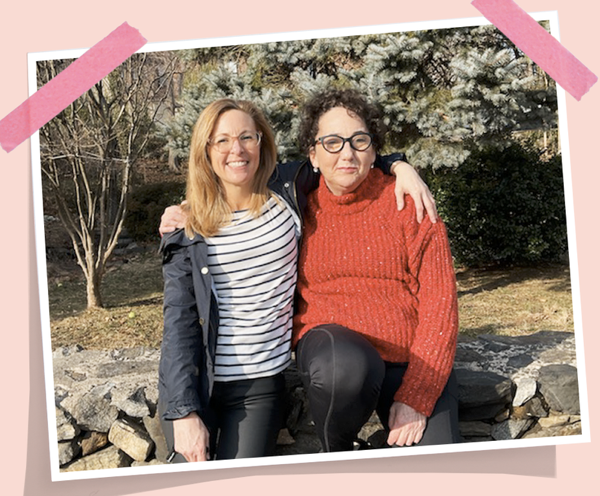
I DIDN’T MEET MY BEST FRIEND UNTIL I WAS IN MY 50s AND IT WAS WORTH THE WAIT
The first close friends I made as an adult were the women with whom I played softball in a New York City corporate league in the 1980s. Single and living alone for the first time in my life, I missed the camaraderie and sense of belonging I’d experienced on my high school and college teams, so when they asked me to play with them, I didn’t hesitate. We were the New York City Adwomen; each of us worked for a different advertising agency in Manhattan. Win or lose, after the Friday night games, we headed from the Heckscher Ballfields in Central Park to a small bar on Third Avenue in the East Nineties and celebrated the friendships cemented between centerfield and home plate.

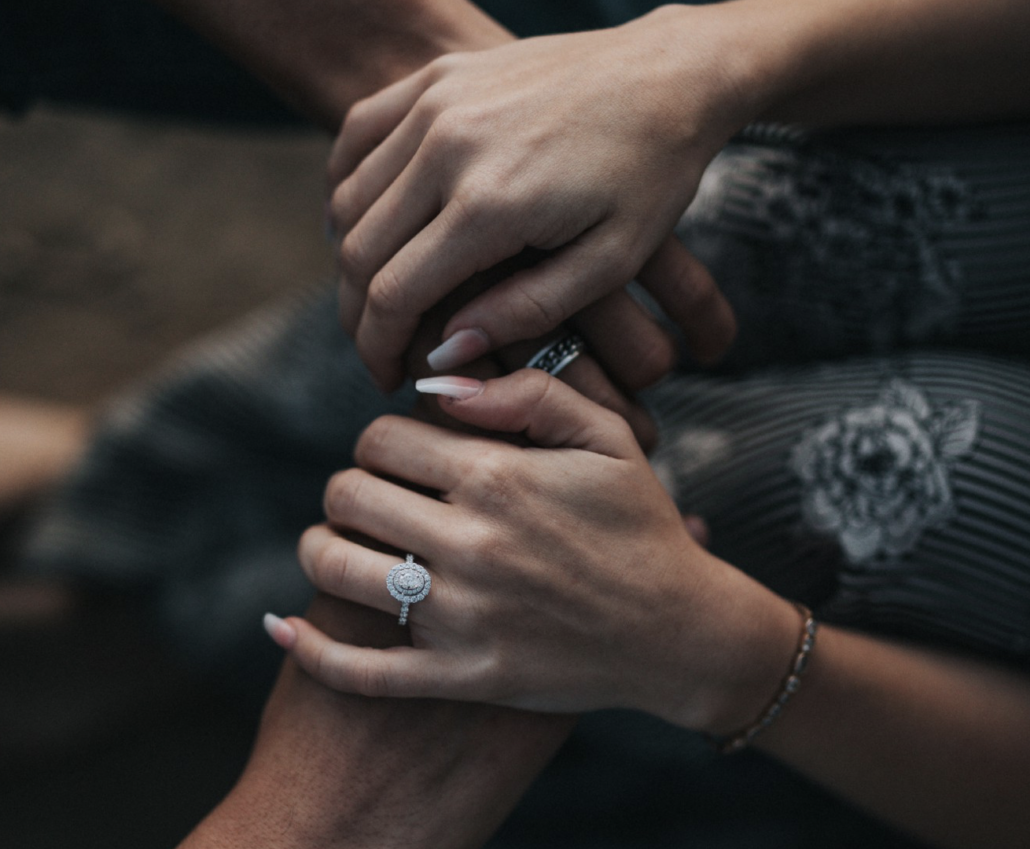

EIGHT MONTHS AFTER A SUICIDE ATTEMPT
DIALECTICAL BEHAVIOR THERAPY IS NOT ALWAYS THE MOST EFFECTIVE TREATMENT FOR BORDERLINE PERSONALITY DISORDER
NAVIGATING DEPRESSION AND PSYCHOSIS: THE EXPERIENCE WE RARELY TALK ABOUT
Nine months ago, in February of 2014, I covered all of the mirrors in my apartment because I couldn’t stand the sight of myself. The white sheets had tiny blue sailboats on them and when I brushed my teeth in the morning I saw a fleet of ships setting sail for the ocean’s depths. The nautically themed set of sheets were a spare I had stored in my linen closet in case a friend needed to stay overnight on the couch. Which hadn’t happened in years.
I hated myself so much I couldn’t stand to glance at my reflection. I hated the sight of my eyebrows and how they were imperfectly arched and asymmetrical. I hated my unruly dark hair that had turned dry and frizzy after menopause. Most of all I hated what was on the inside; the person that lurked within that ugly shell, the one who was never able to live up to her father’s expectations, who had never been able to fall in love and who at that moment believed she had totally screwed up her life.
Introduction
In the psychiatric community, borderline personality disorder (BPD) and dialectical behavior therapy (DBT) tend to be spoken in the same breath. Diagnosed with BPD? Then you need to enter DBT treatment. I was one of those individuals for whom DBT was the first-line treatment when I was diagnosed with BPD in 1990, following my second suicide attempt.
According to the National Education Alliance for Borderline Personality Disorder (NEABPD), “BPD can be defined as a serious mental illness that centers on the inability to manage emotions effectively. The disorder occurs in the context of relationships: sometimes all relationships are affected, sometimes only one.”
The NEABDP states that “BPD usually begins during adolescence or early adulthood.” However, three decades ago, I was not diagnosed until I was twenty-nine years old.
My first episode of psychosis arose from a brutal depression. A verse began playing in my head — from a voice that was male, angry and loud. I would later learn that this was The Voice of my psychosis, returning each time my symptoms did. He chanted in a deep timbre and his lyrics took on a mesmerizing rhythm.
“You are the charmed one
You are evil incarnate
You will vanquish evil
You are invincible.”
This episode, and the series of psychotic episodes that followed, occurred in the 90s. However, it wasn’t until I started working with a psychiatrist, Dr. Lev, in 2005 that I disclosed my experience. When I began working with this doctor, I was in the midst of yet another episode of suicidal depression, and I endured six inpatient psychiatric admissions over 18 months. During this prolonged episode, the bouts of psychosis returned.

I WAS DIAGNOSED WITH ANOREXIA, MAJOR DEPRESSIVE DISORDER, AND ANOREXIA. HERE’S HOW I RECOVERED.
After I was hospitalized twice for anorexia, I found I could no longer function at work and plummeted into a deep depression. After my second suicide attempt, I was placed in a locked hospital unit high above Manhattan’s Lexington Avenue, where an assembly of white-coated psychiatrists diagnosed me with borderline personality disorder. Within three years I’d had three major diagnoses: anorexia, major depressive disorder, and BPD.
Shortly after I was diagnosed with BPD, I was transferred from my urban comfort zone to a prestigious private psychiatric hospital in the suburbs. It had a long-term unit specifically for patients with BPD. There I was treated with dialectical behavior therapy, originally developed to treat patients who were chronically suicidal and who self-harmed. I lived, ate, and breathed DBT for 10 months, until my insurance balked at paying for additional time there. But my depression persisted.

